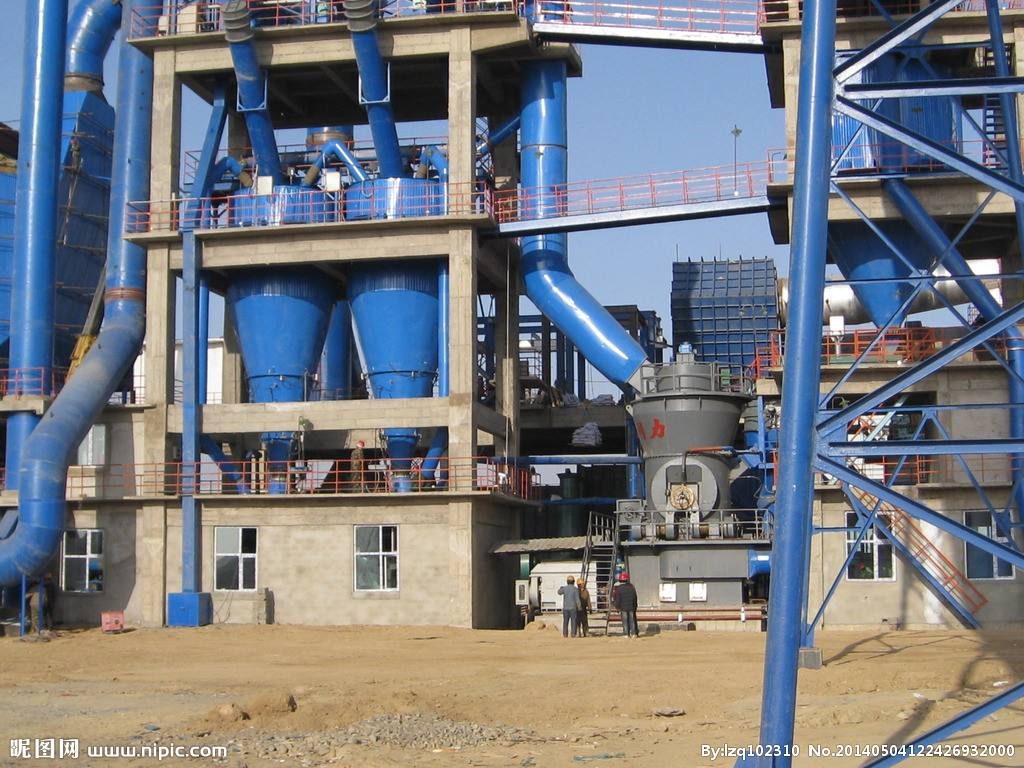
With the global environmental awareness and the continuous growth of energy demand, biomass gasifier as a clean and efficient energy solution, is being more and more enterprises' attention and favor. So, which industries are most suitable for investment in biomass gasifier? This article will combine the characteristics of each industry, targeted to answer the doubts in the investment decision-making process.
1. Paper industry
Industry characteristics: Paper industry is a high energy consumption, high pollution industry, the production process produces a large amount of wastewater, waste gas and solid waste. Energy consumption is mainly concentrated in steam and electricity demand.
Rationale for investment: Paper mills produce a large amount of waste such as waste paper, waste wood and sludge during the production process, which can be used as a source of fuel for the biomass gasifier. Through the use of biomass gasifier, not only can we effectively deal with waste and reduce environmental pollution, but also significantly reduce energy costs. At the same time, the government's environmental protection requirements for the paper industry is becoming more and more stringent, investment in biomass gasifier will help enterprises to meet the emission standards, to avoid the environmental protection does not meet the standards and suffer from fines.
2. Feed processing industry
Industry Characteristics: The feed processing industry requires a large amount of steam and thermal energy for drying, sterilizing and processing raw materials. The production process generates a lot of crop straw, rice husk and other wastes.
Rationale for investment: A large amount of crop straw, rice husk and other wastes generated during the production process of the feed processing plant can be used as fuel for the biomass gasifier. This not only solves the problem of waste disposal, but also converts it into renewable energy and reduces the energy cost of the enterprise. In addition, the use of biomass gasifier can significantly reduce the emission of carbon dioxide and other pollutants, which is in line with the trend of environmental protection policy and green development.
3. Ceramic Manufacturing Industry
Industry Characteristics: Ceramic manufacturing requires high temperature kilns for firing and high energy demand. The use of traditional fuels such as coal and natural gas results in high pollutant emissions.
Rationale for Investment: The need for high temperatures in the ceramic manufacturing process can be met by a biomass gasifier that provides a stable high temperature heat source. The use of a biomass gasifier reduces dependence on fossil fuels and lowers fuel costs. At the same time, biomass fuels emit fewer pollutants during combustion, which helps ceramic factories to meet higher environmental standards and receive policy support and subsidies from the government.
4. Food Processing Industry
Industry Characteristics: Food processing requires a large amount of steam and heat energy to carry out processes such as sterilization, steaming and drying. The production process generates a large amount of organic waste.
Rationale for investment: Food processing plants can utilize the organic waste generated during the production process, such as peelings, leaves, waste oil, etc., as fuel for biomass gasifier. This not only can effectively deal with waste and avoid environmental pollution, but also can be converted into energy and reduce production costs. The clean energy characteristic of biomass gasifier also meets the food industry's requirement for a clean and safe production environment.
5. Wood processing industry
Industry Characteristics: Wood processing produces a large amount of wood chips, bark, sawdust and other waste. There is a high demand for thermal energy.
Rationale for investment: Wood chips, bark, sawdust and other wastes produced by wood processing plants during the production process are high-quality biomass fuels. These wastes can be converted into heat and electricity by the biomass gasifier for use in the plant, reducing energy procurement costs. In addition, the use of biomass gasifier can reduce the accumulation of waste and disposal costs, and improve the environmental quality of the plant.
Conclusion
As a clean and efficient energy solution, biomass gasifier is suitable for a wide range of high energy-consuming and highly polluting industries, such as paper making, feed processing, ceramic manufacturing, food processing and wood processing. By investing in biomass gasifier, enterprises can not only reduce energy costs and improve energy efficiency, but also reduce pollutant emissions, enhance the image of environmental protection and obtain policy support and subsidies. Under the background of global energy structure transformation, investing in biomass gasifier is undoubtedly a wise choice for enterprises to realize green and sustainable development.


